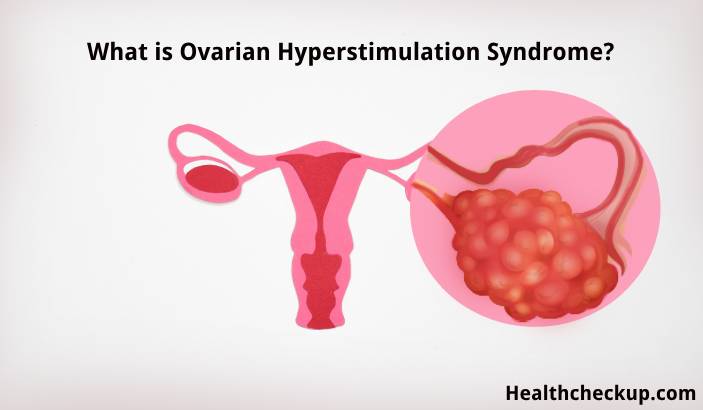A sweat test for cystic fibrosis (CF) is a test that is used to diagnose CF, a genetic disorder that affects the respiratory and digestive systems. The test measures the level of salt in sweat and is used to diagnose CF because people with the disorder have higher levels of salt in their sweat due to a malfunctioning gene.
Purpose:
The purpose of a sweat test for CF is to diagnose the condition and to determine the severity of the disorder. The test is usually ordered if you have symptoms of CF, such as frequent respiratory infections, persistent coughing, and difficulty gaining weight, or if you have a family history of the disorder.
Preparation:
To prepare for a sweat test for CF, you should follow your healthcare provider’s instructions. You may be asked to avoid using lotions or creams on the skin before the test and to remove any jewelry or watches from the testing area.
Procedure:
The procedure for a sweat test for CF involves applying a small amount of a chemical called pilocarpine to a patch, which is then applied to your skin. The patch stimulates sweating and a sample of sweat is collected and analyzed to determine the level of salt in the sweat.
Normal Range:
The normal range for a sweat test for CF is less than 40 millimoles per liter (mmol/L). Higher levels may indicate the presence of CF. However, a positive test result will need to be confirmed with additional testing, such as a genetic test.
There are minimal risks associated with a sweat test for CF. The most common risk is mild discomfort or irritation from the patch.









